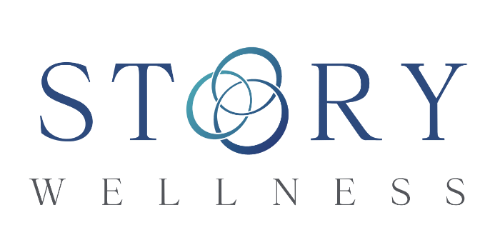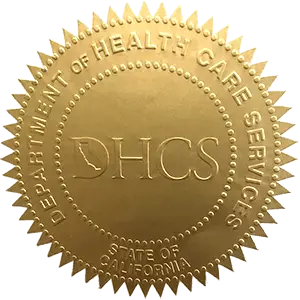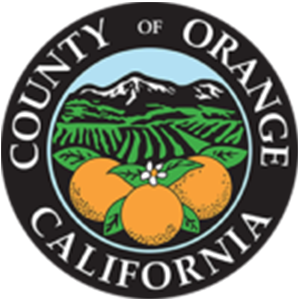Sometimes, life places a mirror in front of us, and we catch a glimpse of our own reflection, raw and unfiltered. For some, it’s the allure of substances or the thrill of a gamble. For others, it’s the entanglement of love, a captivating dance that promises a lifelong waltz but can pull them into a whirlwind of self-destruction. Let’s take a minute to talk about love addiction.
Most of us will wonder: isn’t love supposed to heal, to bind, to elevate our spirit? True. But sometimes, the cocktail of excitement, arousal, interest, even pain can morph into an addiction in the way it dominates our thoughts, our actions, our very essence.
Defining Love Addiction
This is not just about the “love” you read in romantic novels or watch in movies. It’s an overpowering, consuming obsession, where the person afflicted becomes excessively attached, often too quickly, to someone. They lose themselves in the process, seeking validation, fearing rejection, and chasing the “high” that comes with the initial phases of a relationship.
But, like any form of addiction, it’s complicated.
Contact Story Wellness
As of now, love addiction is not formally recognized as a standalone mental health diagnosis in the Diagnostic and Statistical Manual of Mental Disorders (DSM-5), which is the primary diagnostic tool for psychiatric disorders. However, the concept has been discussed and explored by many mental health professionals, researchers, and therapists.
While not an official diagnosis, love addiction exhibits patterns and symptoms that can be compared to other recognized behavioral and substance use disorders. Here’s how it is similar to some other conditions:
- Obsessive-Compulsive Disorder (OCD)
- Borderline Personality Disorder (BPD)
- Attachment Disorders
- Process Addictions
Did you know?
- Research suggests that roughly 5% of the general population struggles with love addiction, though this figure might be an understatement given the nuances and social stigmas.
- Many battling with love addiction have had traumatic experiences in the past, causing them to seek love as a coping mechanism.
Symptoms: When Love Transcends Reason
Love addiction can often be masked as mere “passion” or “dedication,” but here’s how you distinguish the difference:
- Intense Fear of Abandonment: The mere thought of their partner leaving them can cause severe anxiety or depression.
- Loss of Self-Identity: Their world revolves solely around their partner or the idea of them.
- Repeated Unhealthy Relationships: Despite experiencing pain, they jump from one relationship to another, seeking the “perfect” bond.
- Confusing Intensity for Intimacy: The relationships are usually intense but lack real depth or connection.
Root Causes
Our lives are woven together by experiences, memories, and emotions. Love addiction too stems from myriad causes, some of which may include:
- Childhood Trauma: Those who’ve felt abandoned or unloved as children may crave affection as adults.
- Low Self-Esteem: A deep-rooted feeling of unworthiness makes them seek validation externally.
- Past Relationships: A history of unstable relationships can lead to a cycle of seeking, losing, and seeking love again.
It’s like trying to fill a cup with a hole at the bottom. The love just keeps leaking out. Recognizing the root causes helps steer the ship of love addiction mental health in the right direction.
The Depths of Trauma and Love Addiction
Trauma, both from childhood and later in life, can influence a person’s emotional and psychological well-being. LA is no exception. While it can arise from a variety of factors, trauma can play a significant role. Here are some types of trauma that might contribute:
- Childhood Neglect or Abandonment: Children who did not receive adequate attention, love, or care may grow up with an intense need to seek those feelings in adulthood, leading to an unhealthy attachment to romantic partners.
- Physical, Emotional, or Sexual Abuse: Experiences of abuse can lead to deep-seated feelings of worthlessness or inadequacy. People with such traumatic backgrounds might continuously seek validation and love from others as a way to cope or prove their self-worth.
- Loss of a Parent or Caregiver: Losing a parent or primary caregiver, especially at a young age, can create fears of abandonment or rejection. This can translate into love addiction, as individuals might cling to romantic partners, fearing another loss.
- Witnessing Domestic Violence: Growing up in households where domestic violence was prevalent can distort an individual’s understanding of love and relationships. They might associate love with pain, chaos, or intensity and may unconsciously seek out or recreate turbulent relationships.
- Previous Traumatic Relationships: Individuals who have experienced betrayal, sudden break-ups, or abusive dynamics in past relationships might develop struggle. They may constantly seek a “perfect” relationship to heal past wounds or may associate love with pain and conflict.
Of course, not everyone who experiences trauma will develop this. Individual responses to trauma can vary widely. But understanding the link between trauma and all addictions can help in the healing process.
Treatment: Finding the Way Back
Love, in its purest form, can be the balm to the many burns we endure in life. But when it becomes an addiction, the path to recovery is essential.
Narrative therapy techniques, offer a therapeutic approach that views individuals as separate from their problems and focuses on the stories people tell about their lives, can be particularly useful in addressing this addiction. Here’s how.
Re-authoring the Dominant Story: Those with LA often have a dominant narrative where they view themselves as incomplete without another or see relationships as the ultimate validation. A narrative therapist helps them identify and question this dominant story, allowing them to reconstruct a more empowered narrative.
Externalizing the Problem: By seeing the the issue as a separate entity from oneself, individuals can more objectively evaluate its impact on their lives. This externalization reduces self-blame and helps in strategizing ways to overcome the addiction.
Exploring Influences on the Dominant Story: The therapist helps the individual delve into societal, cultural, or familial influences that might have shaped their views on love and relationships, offering a broader perspective on the origins of their addictive patterns.
Taking Love Addiction Seriously
Love addiction is not just a passing phase or a frivolous term. It’s real, and addressing it is vital for the mental health of many. Love addiction mental health is about understanding the fine line between love as a beautiful emotion and when it becomes a crippling obsession.
So, let’s journey together, recognizing the signs, understanding the causes, and seeking treatment. Because real love, the kind that nurtures the soul, awaits on the other side.
Don’t let love addiction write your life’s narrative. Rediscover your story’s strength and resilience with Story Wellness, Orange County’s premier IOP and outpatient mental health center. Start your journey to wellness today. Call 866-476-2823. Your story deserves a brighter chapter.






